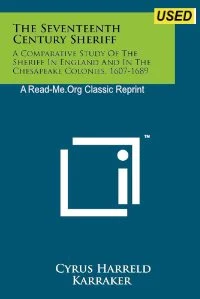By Alexandra Kimmons
One in six people in England and Wales have a criminal record. But 27% of UK employers wouldn’t hire someone with a conviction. Employment is a key factor in preventing future offending. However, people with criminal records are often trapped in the past, unable to find stable work and contribute their talents to society because of their record. Other countries, like the US, have begun taking steps to solve the issue. How do we compare? Researchers examined five scenarios in which someone with a previous conviction is seeking employment and compared what would appear on their criminal record in England and Wales and five US states: California, Connecticut, Utah, New Jersey, and Oklahoma.1 Key Findings • In three out of five scenarios, the England and Wales system is more punitive than any of the five US states. • In two scenarios, the England and Wales system is similarly punitive to certain states and more punitive to others. • In all five states, convictions can often be expunged (deleted), meaning that a background check will not reveal them. • In some states, employers cannot access information on childhood convictions and many offences are expunged automatically after a set period. For example, Rich was convicted of drug possession 12 years ago. In all five US states explored, he can delete the conviction from his record after a maximum of 10 years and move on with his life. In England and Wales, Rich’s conviction will show for the rest of his life on the detailed checks required for many roles. He will constantly face the fear, and very real prospect, that employers will discriminate against him based on his record. Conclusion Researchers at Reed Smith concluded: “It is clear that criminal record disclosure requirements in England and Wales are much more punitive than the five U.S. states we have researched. In Oklahoma, Utah and New Jersey, convictions can often be expunged or pardoned, meaning that a background check will not reveal them. In other states, such as California and Connecticut, employers cannot access information on childhood convictions and many offences are sealed automatically so that employers cannot see them. This allows individuals with past convictions a degree of comfort in knowing that future career prospects will not be hindered by the past. Neither position is replicated in England and Wales.” Recommendations FairChecks is calling for a full review of the criminal records disclosure system in England and Wales. In the short-term, FairChecks has three stepping-stone policy recommendations which would free thousands of people from the enduring impact of a criminal record: 1. Wipe the slate clean for childhood offences 2. Remove cautions from criminal record checks 3. Stop revealing short prison sentences forever
2024. 15p.







